Valerian Root for Calming Dogs
- Valerian root works naturally with your dog's brain chemistry to reduce anxiety without harsh pharmaceutical side effects
- The herb activates GABA receptors in your dog's brain, creating a calming effect similar to prescription medications but gentler
- Most dogs show reduced anxiety symptoms within 30-60 minutes after taking valerian root
- Valerian root can help with specific anxiety triggers, including separation anxiety, noise phobias, and travel stress
- JPS Natural Pet Supplements offers specially formulated valerian root products designed specifically for canine anxiety needs
Dogs experience anxiety just like humans do, but they can't tell us when they're feeling stressed. Instead, they show us through destructive behaviours, excessive barking, or physical symptoms like panting and pacing. If your furry friend struggles with anxiety, valerian root might be the natural solution for which you’ve been searching.
Valerian root (Valeriana officinalis) has been used for centuries as a natural sedative and anxiety reliever in humans. This powerful herb has now made its way into the world of canine care, offering a gentle alternative to pharmaceutical medications for dogs dealing with stress and anxiety. The calming compounds in valerian root work directly with your dog's nervous system to promote relaxation without the concerning side effects of prescription medications.
What Is Valerian Root and Why Your Anxious Dog Needs It
Valerian root is a perennial flowering plant native to Europe and parts of Asia. The root of this plant contains potent compounds, including valerianic acid and valerenol, that interact with gamma-aminobutyric acid (GABA) receptors in the brain. These natural compounds produce a mild sedative effect that calms the nervous system without causing complete sedation or the "drugged" feeling that prescription medications might cause in your dog.
Unlike synthetic calming aids, valerian root offers a gentler approach to managing your dog's anxiety. It works with your dog's natural brain chemistry rather than forcing artificial changes. Dogs struggling with noise phobias, separation anxiety, or general nervousness can benefit from this herbal remedy, which has withstood the test of time. JPS Natural Pet Supplements harnesses the power of valerian root in their natural calming formulas, helping your pet find relief without harsh chemicals.
Valerian Root

The beauty of valerian root lies in its versatility and natural origin. It can be used situationally before stressful events like thunderstorms or vet visits, or as part of a daily regimen for dogs with chronic anxiety issues. Unlike some medications that can leave your dog feeling lethargic or "not themselves," valerian root promotes a state of natural calm, allowing your dog to maintain its personality and energy levels.
How Valerian Root Calms Dog Anxiety
When it comes to understanding how valerian root works, it's helpful to think of your dog's brain as having both "excite" and "calm" buttons. Anxiety occurs when the "excite" button gets stuck in the ON position. Valerian root essentially helps press the "calm" button by enhancing the effects of GABA, the primary inhibitory neurotransmitter in your dog's central nervous system.
The Science Behind Valerian's Calming Effects
Valerian root contains valerenic acid, which has been shown to inhibit the breakdown of GABA in the brain, resulting in feelings of calmness and tranquillity. This mechanism is similar to certain anti-anxiety medications but without the same risk of dependency or severe side effects." - Veterinary Journal of Natural Remedies.
When your dog consumes valerian root, the active compounds travel through the bloodstream to the brain, where they begin interacting with GABA receptors. This interaction increases the amount of GABA available in the brain, essentially turning down the volume on your dog's stress response. The result is a dog that can better cope with stressful situations without becoming overwhelmed by anxiety.
Research has shown that valerian root doesn't just mask anxiety symptoms—it addresses the underlying neurochemical imbalances that contribute to anxiety in the first place. By supporting healthy GABA levels, valerian root helps restore balance to your dog's nervous system, potentially leading to longer-term improvements in their anxiety levels even beyond the immediate effects of each dose.
GABA Receptors: Valerian's Target in the Canine Brain
Your dog's brain is filled with GABA receptors that function as natural calming mechanisms. When these receptors are activated, they slow down neuron firing and decrease brain activity, creating a sense of relaxation. Valerian root contains compounds that bind to these receptors, enhancing their natural calming effect. This is similar to how prescription anti-anxiety medications work, but valerian offers this benefit through natural plant compounds rather than synthetic chemicals.
How Fast Valerian Works in Dogs
One of the most common questions pet parents ask is how quickly valerian root will work for their anxious dog. Most dogs begin to show signs of relaxation within 30 to 60 minutes after taking valerian root. The calming effects typically last for 2-4 hours, though this can vary depending on your dog's size, metabolism, and the specific formulation used. For predictable stressors, such as thunderstorms or fireworks, taking valerian root about an hour before the event begins provides optimal benefits.
The speed of action makes valerian root particularly useful for situational anxiety. If your dog gets nervous during car rides, for example, administering valerian root before leaving home can help them remain calm throughout the journey. For chronic anxiety issues, a regular schedule of valerian root supplementation may be more appropriate, potentially leading to cumulative benefits over time.
JP's Natural Pet Supplements Calming for Dogs contains Valerian Root Extract
Top 7 Benefits of Valerian Root for Dogs
The remarkable versatility of valerian root makes it a valuable addition to your pet's wellness arsenal. From situational anxiety to chronic stress, this natural remedy addresses multiple aspects of canine nervous system health. Here's how your dog can benefit from this powerful herb.
1. Reduces Separation Anxiety
Dogs with separation anxiety often exhibit destructive behaviours, excessive vocalisation, and even self-harm when left alone. Valerian root helps calm the neurological storm that happens in your dog's brain during these episodes. Enhancing GABA activity helps your dog maintain emotional equilibrium even when you're not around. Many pet owners report that their dogs, who previously destroyed furniture or barked continuously, can relax more easily after beginning valerian root supplementation.
2. Eases Noise Phobias During Storms and Fireworks
The sudden, unpredictable nature of thunderstorms and fireworks can trigger intense fear reactions in sensitive dogs. Valerian root helps diminish the extreme stress response without sedating your dog completely. When administered before an anticipated noise event, it creates a buffer between the stimuli and your dog's anxiety response. Your dog will still hear the sounds but won't react with the same level of panic, potentially preventing the development of more severe phobias over time.
Many dog owners who've tried valerian root report that they’re previously trembling, hiding pets can remain calm enough to accept comfort during storms rather than becoming inconsolable. This represents a significant improvement in the quality of life for noise-sensitive dogs.
3. Helps with Travel Stress
Car rides, airline travel, and unfamiliar accommodations can all trigger anxiety in dogs. Valerian root can make the difference between a traumatic journey and a manageable experience. Unlike some medications that might cause nausea (making car sickness worse), valerian root generally doesn't have this side effect. It helps keep your dog's stress hormones in check while allowing them to remain alert and responsive to their surroundings.
4. Improves Sleep Quality
Just like humans, dogs can suffer from insomnia or restless sleep due to anxiety. Valerian root promotes deeper, more restorative sleep without the hangover effect of prescription sleep aids. If your senior dog paces at night or your younger dog seems unable to settle, valerian root might help them achieve the rest they need. Improved sleep has numerous benefits for your dog's overall health, including enhanced immune function and improved cognitive performance.
5. Decreases Hyperactivity
Some dogs struggle with hyperarousal and difficulty self-regulating their excitement levels. Valerian root can help bring their nervous system back to baseline without eliminating their playful nature. By moderating excessive neural firing, valerian root helps hyperactive dogs find their "off switch" when appropriate. This benefit is particularly valuable for working breeds that require sustained focus, as well as for households where a dog's hyperactivity has become disruptive to daily life.
6. Natural Alternative to Prescription Medications
Prescription anti-anxiety medications for dogs, while effective, often come with concerning side effects, including sedation, decreased appetite, and, in some cases, liver damage with long-term use. Valerian root offers a gentler approach that many pet owners prefer to try before resorting to pharmaceuticals. Its safety profile and natural origin make it an attractive first-line treatment for mild to moderate anxiety in dogs. JPS Natural Pet Supplements has focused on creating pure, potent valerian formulations that deliver effective relief without the drawbacks of synthetic medications.
7. Assists with Multi-Pet Household Tensions
In homes with multiple pets, tension can develop when a nervous dog overreacts to everyday interactions. Valerian root can help anxious dogs respond more appropriately to other pets, reducing household stress for everyone. Lowering baseline anxiety helps prevent the escalation of minor conflicts into serious issues. Many multi-pet households report more harmonious relationships between animals after introducing valerian root for their anxious dog.
Valerian Root Forms: Which Works Best for Dogs?
Valerian root is available in several formulations, each with its own advantages, depending on your dog's specific needs and preferences. The best form for your dog depends on factors including their temperament, the severity of their anxiety, and your ability to administer different preparations.
Liquid Tinctures vs. Capsules vs. Chewable Treats
Liquid tinctures offer the fastest absorption rate, typically taking effect within 20 to 30 minutes. They can be added directly to your dog's mouth or mixed with a small amount of food. The liquid form allows for precise dosing adjustments, making it ideal for dogs that require precise amounts based on their size or level of anxiety.
Capsules provide consistent dosing and are easier to store and transport than liquids. They typically take 30-45 minutes to begin working as they must be broken down in the digestive system. For dogs who take medications easily, capsules offer a convenient option without the distinctive valerian odour that some dogs find objectionable.
Chewable treats containing valerian root are the most user-friendly option, especially for dogs who resist taking supplements. Most are flavoured to mask the natural earthy taste of valerian, making administration stress-free. The trade-off is that treats may contain additional ingredients and might take slightly longer to work than pure valerian preparations.
Combining Valerian with Other Calming Herbs
Many commercial products combine valerian root with complementary herbs, such as chamomile, passionflower, or L-theanine, for enhanced effects. These combinations can address multiple aspects of anxiety simultaneously. For example, valerian primarily works on GABA receptors, while L-theanine increases alpha brain waves associated with relaxation without drowsiness.
The synergistic effect of properly combined herbs can provide more comprehensive anxiety relief than valerian alone. JPS Natural Pet Supplements has developed proprietary blends that leverage these synergies while maintaining safety and efficacy. Their formulations consider the specific needs of the canine nervous system, rather than simply adapting human supplements.
Correct Valerian Root Dosage for Your Dog
Determining the proper valerian root dosage requires consideration of your dog's weight, the severity of their anxiety, and their individual sensitivity. Starting with the lowest effective dose and adjusting as needed is the safest approach. Always follow product-specific instructions, as concentration can vary significantly between different valerian supplements.
General dosing guidelines exist, but it's important to remember that each dog may respond differently. Some pets are susceptible to herbal remedies and may need less than the standard recommendation, while others with severe anxiety might require doses at the higher end of the safe range.
- Always start with the lowest recommended dose
- Monitor your dog's response for at least two administrations before increasing
- Consult with your veterinarian before beginning any supplement regimen
- Adjust timing based on how quickly your individual dog shows effects
- Keep a journal of dosages and effects to find your dog's optimal amount
For most commercial valerian products, dosage is calculated based on your dog's weight category. However, the concentration of active compounds can vary between manufacturers, so it's essential to follow the specific guidelines provided with your chosen product rather than applying generic recommendations.
Remember that more isn't always better with herbal supplements. Exceeding recommended dosages doesn't necessarily increase benefits and may introduce unnecessary side effects. Finding your dog's minimum effective dose is the goal.

Small Dogs (Under 25 lbs)
Small dogs typically require between 20-50mg of valerian root extract per dose. Their faster metabolism means they may process the herb more quickly, potentially requiring more frequent administration for sustained effects. For tiny breeds under 10 pounds, start at the absolute lowest dose and increase gradually only if needed.
Medium Dogs (25-50 lbs)
Medium-sized dogs generally do well with 50-100mg of valerian root per dose. This range provides sufficient active compounds to affect the nervous system without overwhelming it. For dogs at the lower end of this weight category who seem particularly sensitive, starting at 50mg is recommended.
Large Dogs (Over 50 lbs)
Larger dogs need proportionally more valerian root, typically 100-200mg per dose. Despite their size, avoid exceeding 200mg without veterinary guidance, as higher doses don't necessarily provide better results. The goal is to find the sweet spot where anxiety is reduced without causing excessive drowsiness.
Timing: When to Give Valerian Before Stressful Events
For predictable stressors, such as thunderstorms (when forecasted), fireworks, or veterinary visits, administer valerian root 60-90 minutes before the event's onset. This timing allows the active compounds to reach adequate levels in your dog's system when they're most needed. For longer events, a second dose can typically be administered after 4-6 hours, if required and approved by your veterinarian.
For unpredictable anxiety triggers, maintaining a consistent baseline with regular administration may be more effective than reactionary dosing. Some dogs benefit from twice-daily valerian root as part of their routine, which helps keep their nervous system balanced rather than constantly cycling between calm and anxious states.
Safety Considerations and Possible Side Effects
While valerian root is generally considered safe for dogs, understanding potential side effects and contraindications is essential for responsible use. Most dogs tolerate valerian root extremely well, with side effects being both uncommon and typically mild when they do occur. However, as with any supplement, there are significant safety considerations to be aware of.
When to Avoid Valerian Root
Certain dogs should not take valerian root or should do so only under the guidance of a veterinarian. Pregnant or nursing dogs should avoid valerian as insufficient research exists on its safety during these sensitive periods. Dogs with liver disease should also use caution, as the liver metabolises the compounds in valerian root.
Dogs scheduled for surgery should discontinue valerian root at least two weeks before the procedure. The herb's mild sedative properties could potentially interact with anaesthesia, creating unnecessary risks. Always inform your veterinarian about any supplements your dog is taking, especially before surgical procedures.
|
Dog Condition |
Valerian Root Recommendation |
Reason |
|
Pregnant/Nursing |
Avoid |
Insufficient safety data |
|
Liver Disease |
Use with caution under vet supervision |
Metabolised by the liver |
|
Pre-surgical |
Discontinue 2 weeks before |
Potential anaesthesia interactions |
|
Seizure Disorders |
Consult a veterinarian first |
Possible impact on seizure threshold |
|
Very young puppies (under 6 months) |
Not recommended |
Developing the nervous system |
Some dogs may experience mild digestive upset when first starting valerian root. This typically resolves within a few days as their system adjusts to the herb. Starting with a lower dose and gradually increasing can help minimise these initial effects. If digestive symptoms persist for more than a few days, it is recommended that you discontinue use and consult your veterinarian.
Interaction with Other Medications
Valerian root has the potential to interact with certain medications your dog might be taking. It may enhance the effects of other sedatives or anti-anxiety medications, potentially leading to excessive sedation. If your dog takes medications for behavioural issues, seizures, or has been prescribed any sedatives, consult with your veterinarian before adding valerian root to their regimen. JPS Natural Pet Supplements recommends a professional consultation before combining their valerian products with prescription medications to ensure safety and appropriate dosing.
Real Results: How My Dog Benefited from Valerian Root
My Border Collie, Max, had always been sensitive to thunderstorms, but as he entered his senior years, his anxiety worsened dramatically. He would pant heavily, pace incessantly, and try to hide in impossible places like behind the toilet or under furniture too small for his 45-pound frame. Prescription medications left him disoriented and "not himself" for days after each dose. After researching natural alternatives, I decided to try valerian root from JPS Natural Pet Supplements before a predicted thunderstorm. Within an hour of administration, the difference was remarkable. Max still noticed the storm, but instead of panicking, he lay on his bed watching the windows with mild interest. He was calm but alert—precisely that for which I’d hoped. We've been using valerian root for two years now, and his storm anxiety has decreased even on days when we've forgotten to give him his supplement, suggesting some long-term benefits beyond immediate relief.
Frequently Asked Questions
As a natural supplement gaining popularity in the pet wellness community, valerian root generates many questions from concerned pet parents. For those interested in exploring options, consider this calming supplement for dogs, which incorporates natural ingredients. Here are answers to the most common questions about using this herb for canine anxiety.
Can valerian root be used long-term for dogs with chronic anxiety?
Yes, valerian root can be used as a long-term solution for dogs with chronic anxiety issues. Unlike some prescription medications that may lose effectiveness over time or cause dependency, valerian root maintains its benefits with regular use. Many veterinarians consider it safe for extended use when administered at appropriate dosages. For dogs with ongoing anxiety conditions, establishing a consistent schedule often provides the best results, helping to maintain steady levels of calming compounds in their system rather than allowing anxiety to spike and recede repeatedly.
Will valerian root make my dog too sleepy during the day?
At proper dosages, valerian root shouldn't cause excessive sedation. Most dogs experience relaxation without significant drowsiness, maintaining their normal activity levels and personalities. If your dog seems unusually sleepy after taking valerian root, the dose may be too high for their individual sensitivity. Try reducing the amount by 25-50% to find the sweet spot where anxiety is reduced without causing lethargy. The goal is to help your dog feel calm and balanced, not sedated or drugged.
How does valerian root compare to CBD oil for dogs?
"While both valerian root and CBD oil work on similar pathways in the canine brain, they do so through different mechanisms. Valerian primarily enhances GABA activity, while CBD works through the endocannabinoid system. Some dogs respond better to one than the other, and in certain cases, they can be complementary when used appropriately." — Dr. Maria Sanchez, Veterinary Botanical Medicine Specialist.
Valerian root and CBD oil represent two different approaches to natural anxiety management in dogs. Valerian has a more extended history of use and typically costs less than quality CBD products. It also has fewer regulatory complications and more consistent formulations between brands.
CBD may offer additional anti-inflammatory benefits alongside anxiety relief, which can be valuable for senior dogs with joint issues. However, finding the correct CBD dosage can be more challenging due to varying concentrations between products.
Some pet owners report that valerian works better for acute, situation-specific anxiety (like thunderstorms), while CBD provides better results for general, ongoing nervousness. Your dog's individual body chemistry will ultimately determine which works better for them.
Can I give my dog valerian root with their regular medications?
Always consult your veterinarian before combining valerian root with any prescription medications. While generally safe, valerian can interact with certain drugs, particularly those affecting the central nervous system. Your vet can provide guidance based on your dog's specific medication regimen and health history.
When approved by your vet, start with lower doses of both the medication and valerian root to observe how your dog responds to the combination. Keep detailed notes on any changes in behaviour or side effects to share with your veterinarian.
Some veterinarians recommend valerian root as a way to reduce dependency on certain prescription anti-anxiety medications over time. In these cases, the herb is introduced while gradually decreasing the pharmaceutical under strict veterinary supervision.
How long does it take to see results from valerian root in dogs?
Most dogs show noticeable improvement in anxiety symptoms within 30-60 minutes after taking valerian root. This makes it effective for situational anxiety when given before the stressful event. The effects typically last 2-4 hours, although this duration varies depending on your dog's metabolism and the specific product used. For more information on calming supplements, you can explore options like calming supplements for dogs.
For dogs with chronic anxiety, daily administration may take 1-2 weeks to show cumulative benefits beyond the immediate effects of each dose. Some dogs develop improved baseline calmness with regular use, potentially through modulation of neurotransmitter systems over time.
If you don't notice any change in your dog's anxiety levels after several doses at the recommended amount, consult with your veterinarian. Some dogs may require a different natural approach or have an underlying condition that necessitates additional intervention.
Remember that environmental management should always accompany the use of supplements. Creating safe spaces, using behaviour modification techniques, and addressing triggers are essential components of a comprehensive anxiety management strategy.





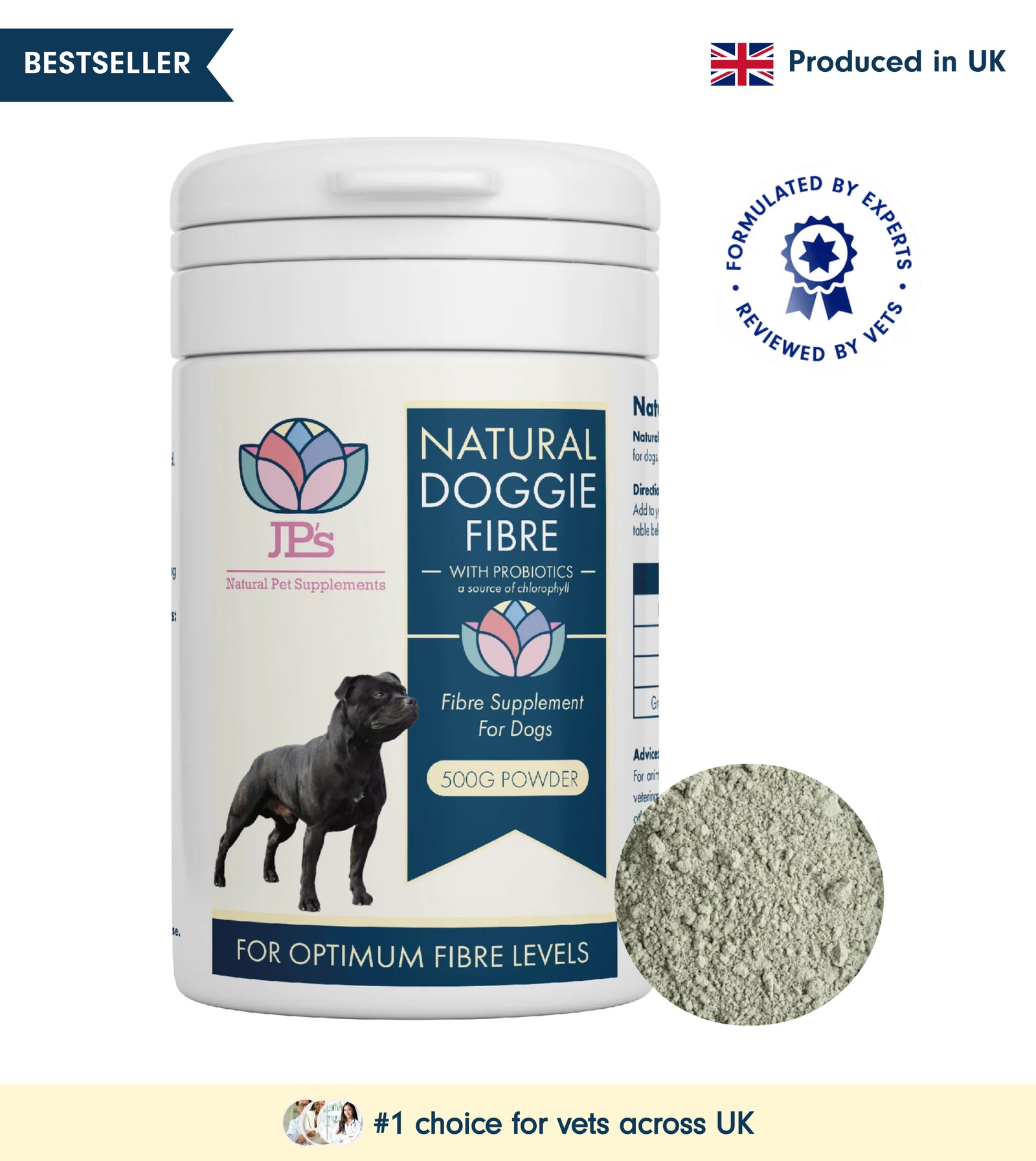
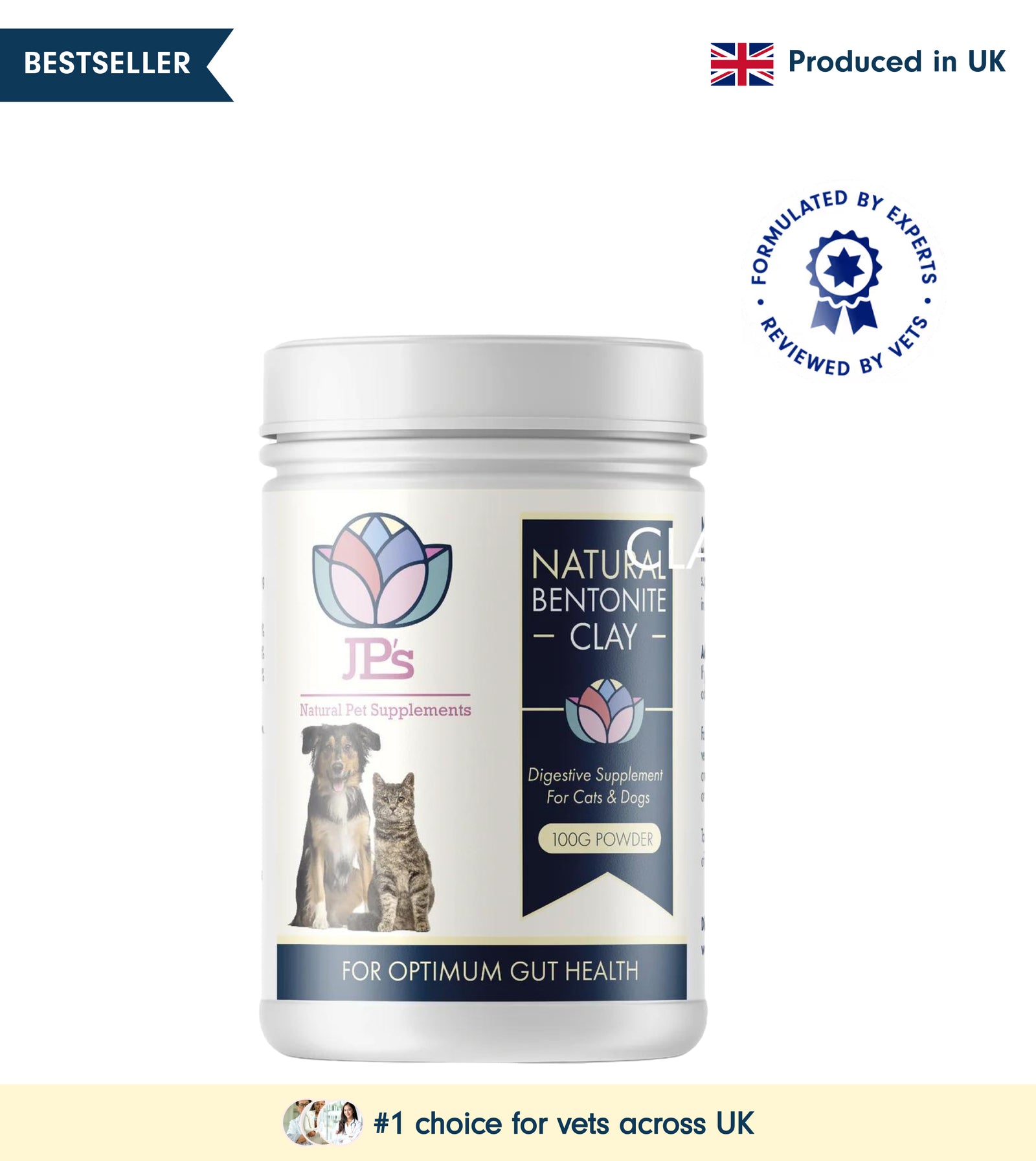
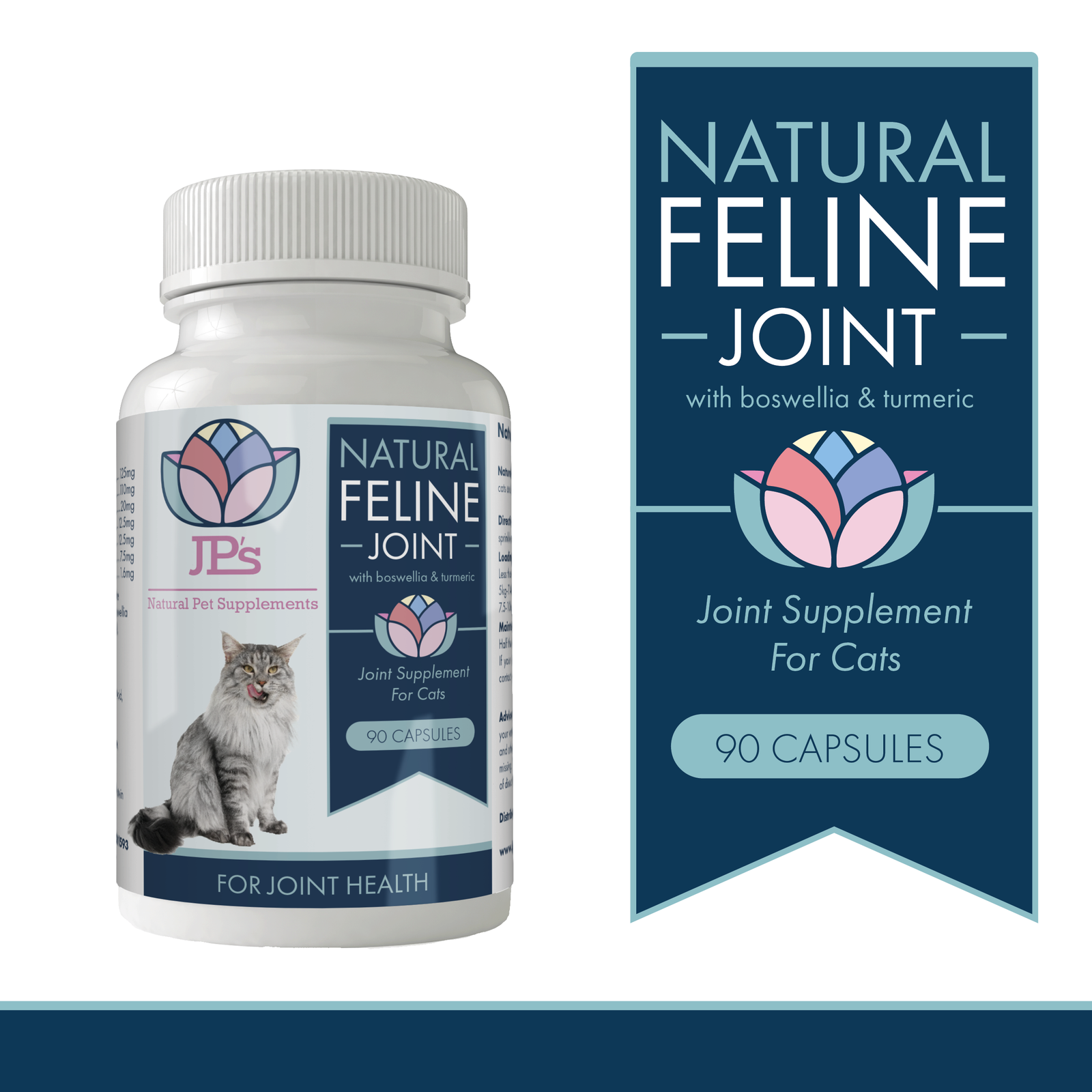
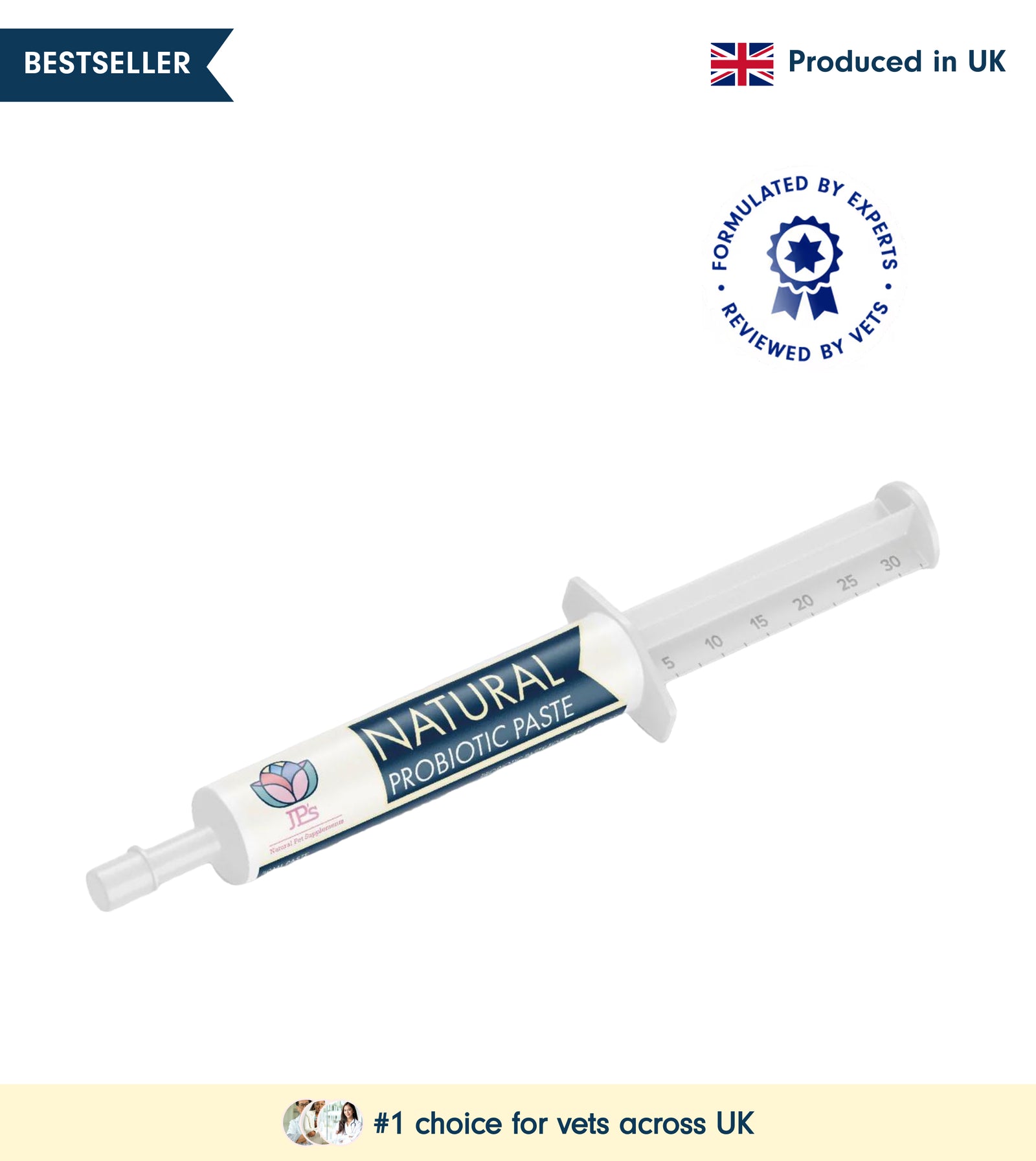
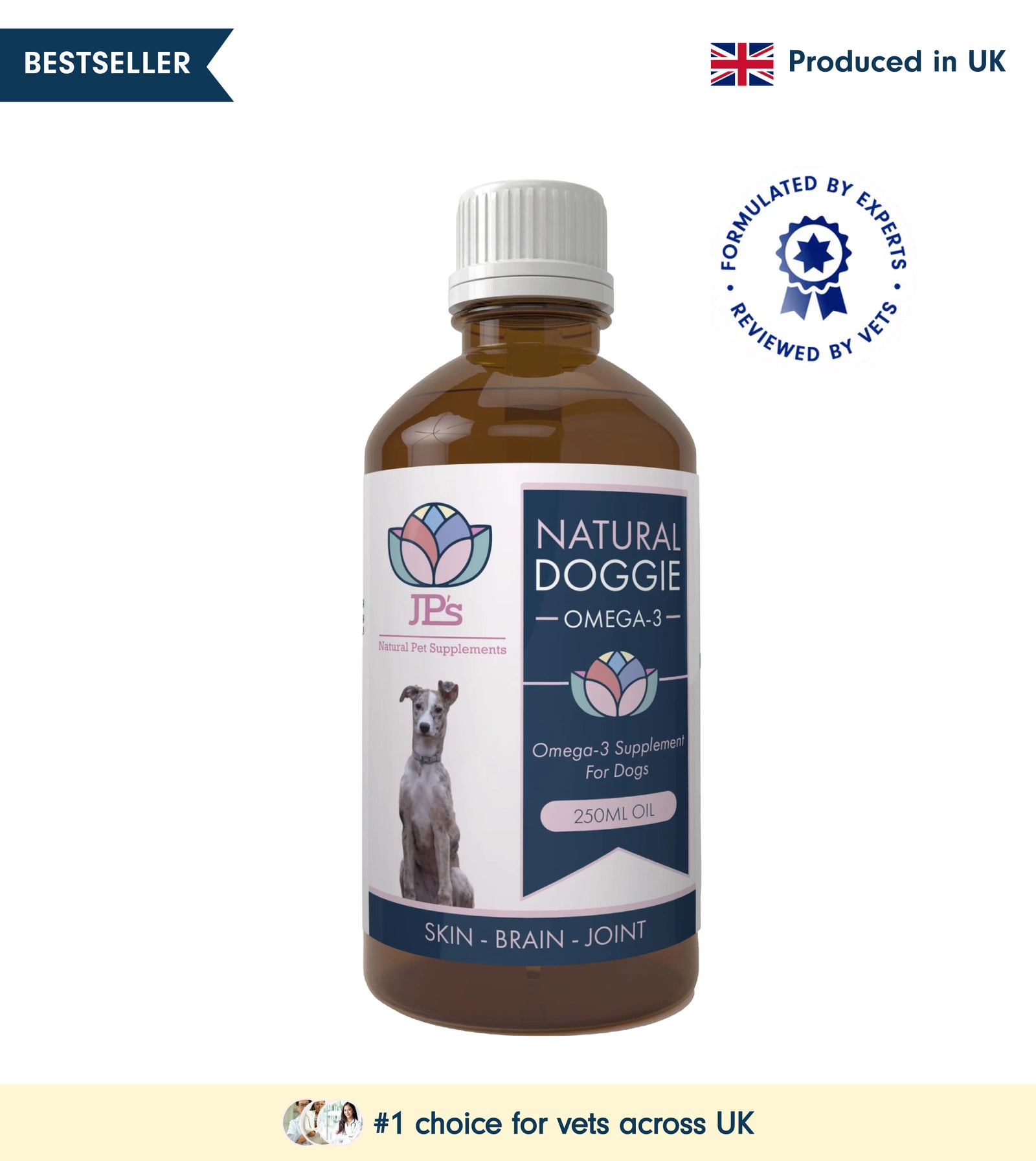
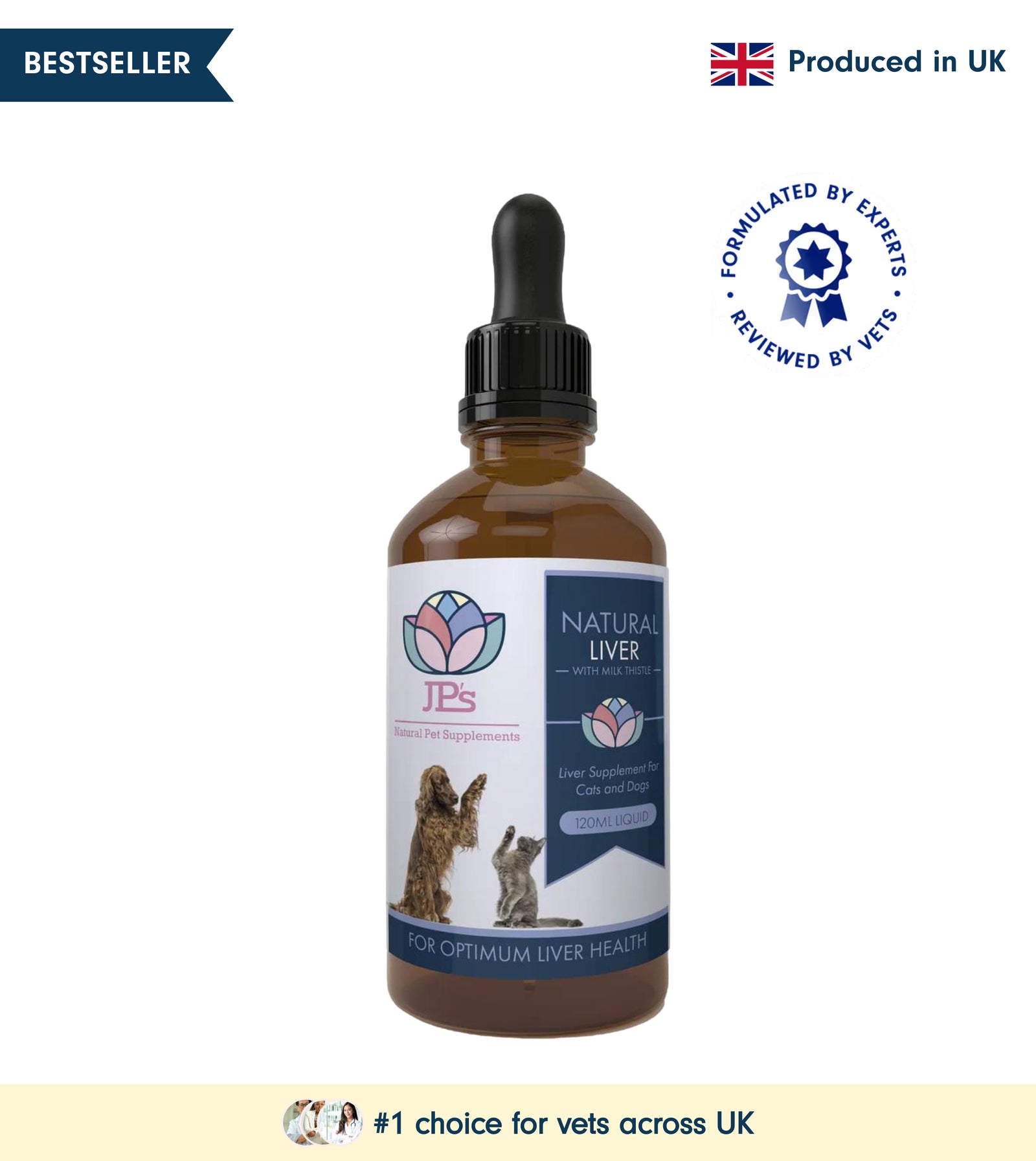
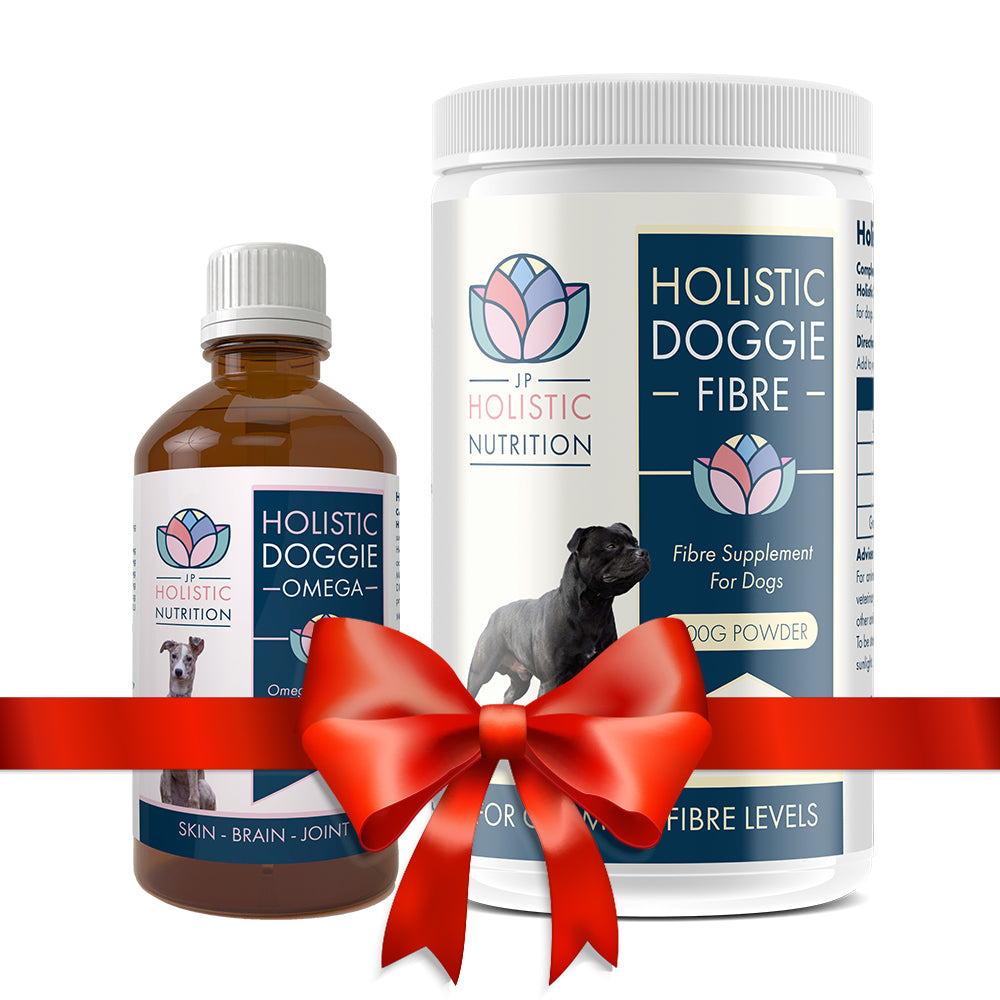
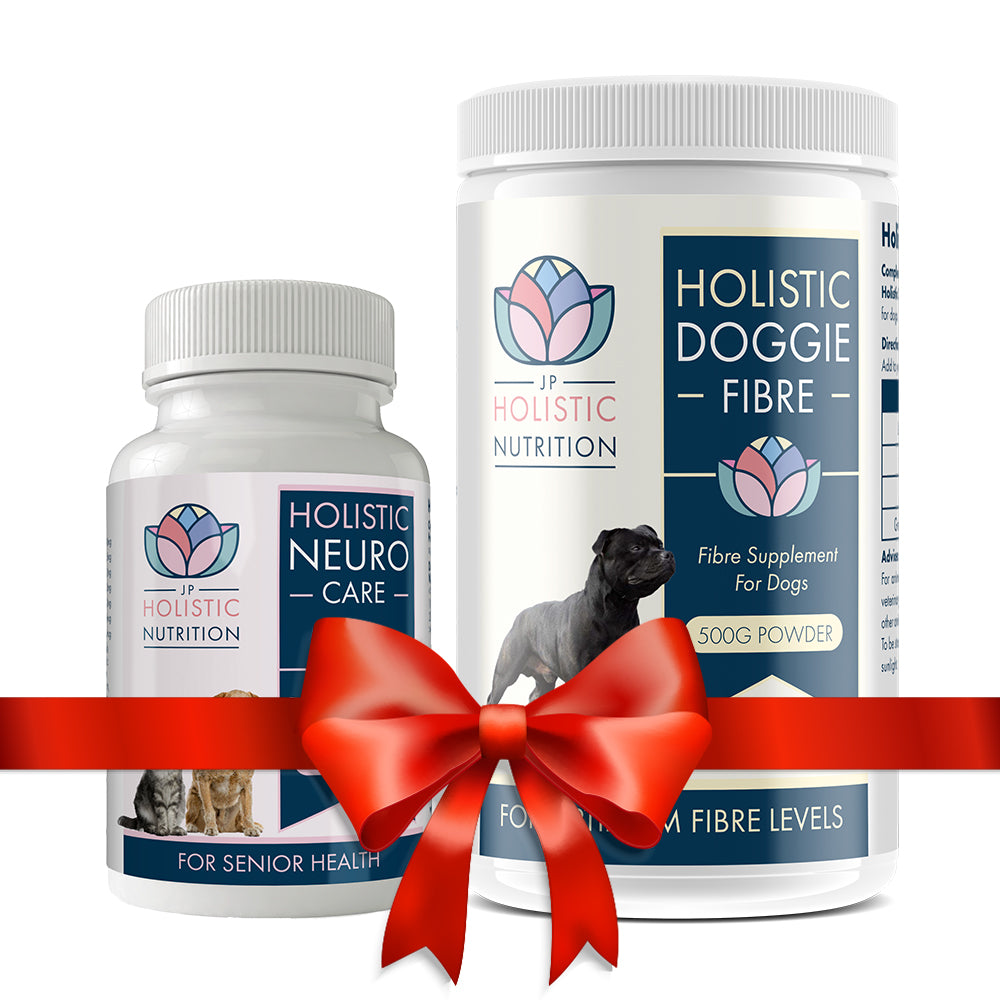
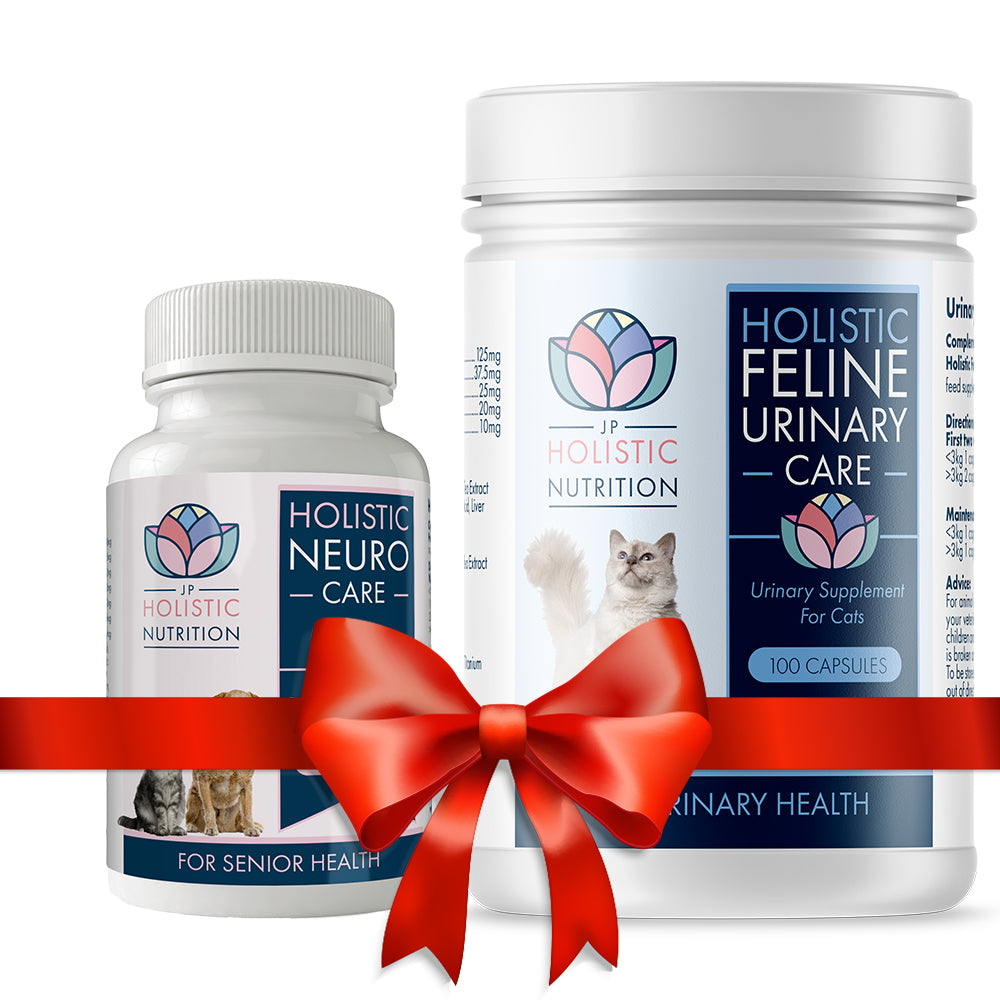
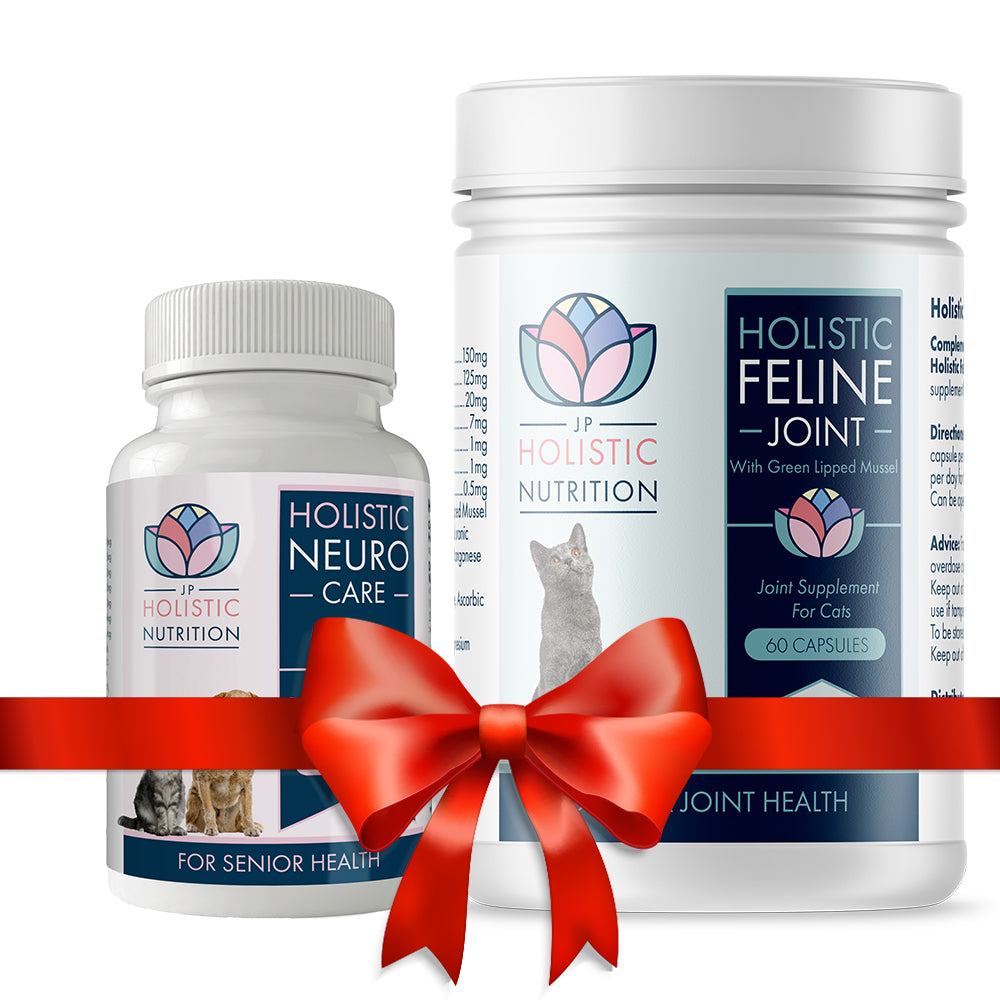






Leave a comment (all fields required)